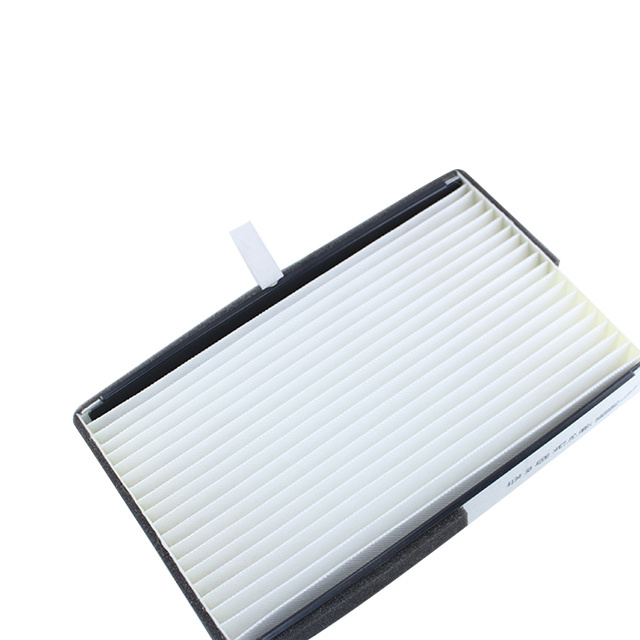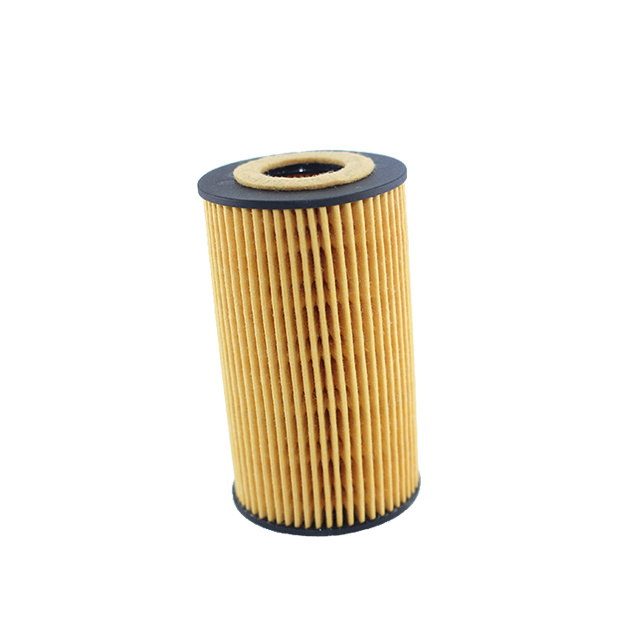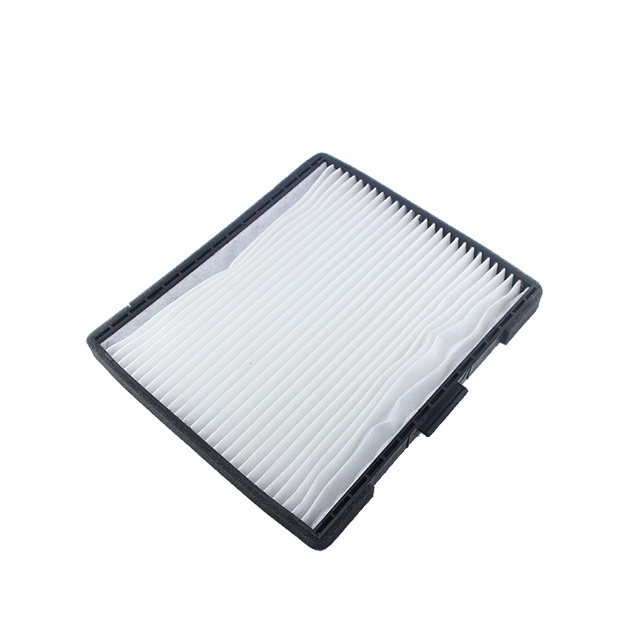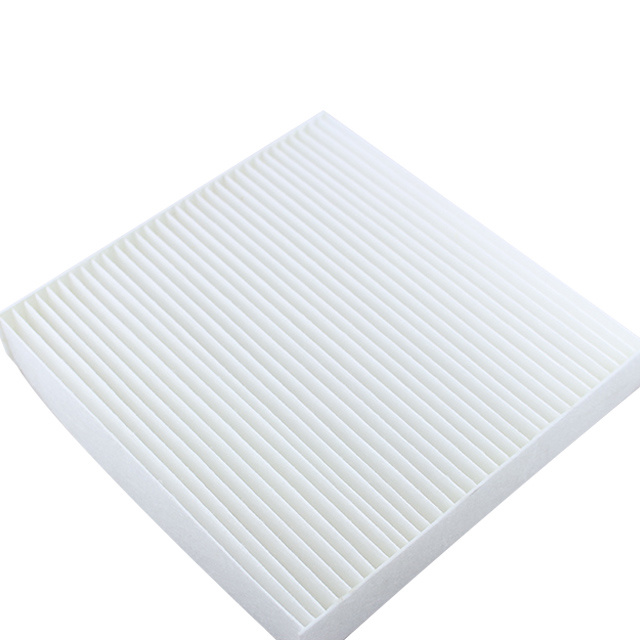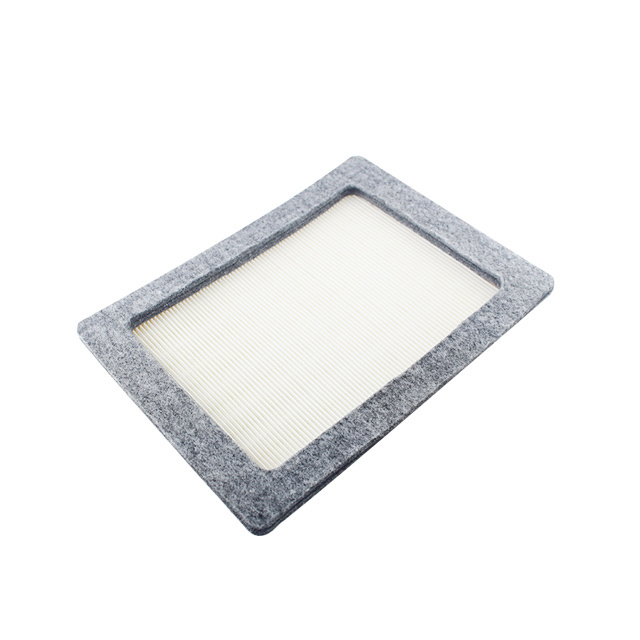Focus On Hot Spots
Contact Info
E-mail: txgs@taixifilter.com
Manager Xu: +86-15097925576
Manager Feng: +86-15803195413
Address: North side of Caiyuan Village, Gexianzhuang Town, Qinghe County, Xingtai City, Hebei Province (No. 250)
Common Myths About Diesel Car Fuel Filters Debunked: Get the Real Facts
Release Time:
Jul 31,2025
Common Myths About Diesel Car Fuel Filters Debunked Table of Contents Introduction to Diesel Car Fuel Filters Myth 1: All Fuel Filters Are Created Equal Myth 2: Diesel Fuel Filters Never Need Changing Myth 3: The Fuel Filter Is a Minor Component Myth 4: You Can't Use Biodiesel with Diesel Filters Myth 5: Fuel Filters Affect Fuel Efficiency Negatively Myth 6: Diesel Fuel Filters Are
Common Myths About Diesel Car Fuel Filters Debunked
Table of Contents
- Introduction to Diesel Car Fuel Filters
- Myth 1: All Fuel Filters Are Created Equal
- Myth 2: Diesel Fuel Filters Never Need Changing
- Myth 3: The Fuel Filter Is a Minor Component
- Myth 4: You Can't Use Biodiesel with Diesel Filters
- Myth 5: Fuel Filters Affect Fuel Efficiency Negatively
- Myth 6: Diesel Fuel Filters Are Too Expensive to Replace
- Myth 7: Quality of Fuel Doesn’t Matter
- Conclusion
- FAQs About Diesel Fuel Filters
Introduction to Diesel Car Fuel Filters
In the world of diesel vehicles, **fuel filters** serve a critical function that often gets overshadowed by other components of the fuel system. These filters are essential for ensuring that your engine receives clean fuel, free from contaminants that could cause significant damage and affect performance. Despite their importance, a plethora of **misconceptions** surrounds diesel fuel filters. In this article, we will debunk these common myths, providing clarity and expert insights that will help you maintain your diesel vehicle effectively.
Myth 1: All Fuel Filters Are Created Equal
One prevalent myth is that all fuel filters perform the same function regardless of their design or application. In reality, **diesel fuel filters** are specifically engineered to meet the unique needs of diesel engines. Unlike gasoline filters, diesel filters must handle larger particulates and water, which are more common in diesel fuel.
Moreover, diesel fuel filters often have multi-stage filtration, removing debris at different sizes and ensuring optimal performance. Choosing the right filter for your specific vehicle model is crucial; using an incorrect filter could lead to inefficiency and potential engine damage.
Myth 2: Diesel Fuel Filters Never Need Changing
Another common misconception is that diesel fuel filters are maintenance-free. This myth could not be further from the truth. Over time, fuel filters accumulate grime, dirt, and water, which can decrease their efficiency. Neglecting to replace the filter can lead to severe engine problems, including injector failure and decreased fuel efficiency.
We recommend following the manufacturer’s guidelines for replacement intervals. Regular maintenance not only extends the life of your fuel filter but also ensures your diesel engine runs smoothly and efficiently.
Myth 3: The Fuel Filter Is a Minor Component
Many car owners underestimate the significance of the fuel filter, viewing it as a minor component in the overall engine system. However, the fuel filter plays a vital role in protecting sensitive engine parts. **Contaminated fuel** can lead to injector clogging and premature wear of engine components.
Consider your **fuel filter** as the first line of defense in your engine's fuel system. By allowing only clean fuel to pass through, it ensures the longevity and efficiency of your diesel engine.
Myth 4: You Can't Use Biodiesel with Diesel Filters
There's a misconception that biodiesel cannot be used with diesel fuel filters. This myth stems from the fact that biodiesel has different chemical properties compared to traditional diesel fuel. However, many modern diesel fuel filters are designed to handle biodiesel blends effectively.
That said, it's essential to check the manufacturer’s specifications before switching to biodiesel. Using biodiesel in older engines or incompatible filters can lead to clogging or damage. Always ensure that your fuel filter can handle the specific type of biodiesel you're using.
Myth 5: Fuel Filters Affect Fuel Efficiency Negatively
Some believe that having a fuel filter can negatively impact fuel efficiency due to the resistance it creates. This notion overlooks the fact that a clean fuel filter actually helps maintain optimal fuel flow, enhancing engine performance.
When a fuel filter becomes clogged, it can restrict fuel flow, leading to engine malfunctions and poor fuel efficiency. In contrast, a new or well-maintained fuel filter keeps the fuel system clean and allows for proper fuel delivery, effectively improving the overall efficiency of your diesel vehicle.
Myth 6: Diesel Fuel Filters Are Too Expensive to Replace
The idea that diesel fuel filters are prohibitively expensive is another myth that deserves debunking. While the initial cost may seem high compared to other types of filters, the long-term benefits of regular replacement far outweigh the expense.
Investing in quality fuel filters can prevent significant engine repairs caused by contaminated fuel. Moreover, considering the potential savings on fuel efficiency and maintenance costs, replacing your diesel fuel filter regularly is a financially prudent decision.
Myth 7: Quality of Fuel Doesn’t Matter
Finally, the myth that the quality of diesel fuel does not affect the fuel filter’s performance is misleading. Poor-quality fuel often contains higher levels of contaminants, which can quickly clog a fuel filter, leading to premature replacement and engine issues.
Investing in high-quality diesel fuel can significantly extend the life of your fuel filter and improve engine performance. Always opt for reputable fuel suppliers to ensure that the fuel you are using is clean and free from harmful additives.
Conclusion
Understanding the truth about diesel car fuel filters is crucial for maintaining your vehicle's performance and longevity. By debunking these common myths, we have highlighted the importance of choosing the right filter, adhering to maintenance schedules, and using quality fuel.
Investing time and resources in proper fuel filter maintenance can save you from costly repairs and ensure that your diesel engine runs smoothly. Armed with this knowledge, you are better equipped to care for your vehicle, ensuring it serves you well for years to come.
FAQs About Diesel Fuel Filters
1. How often should I replace my diesel fuel filter?
We recommend replacing your diesel fuel filter based on the manufacturer’s guidelines, typically every 10,000 to 15,000 miles or as specified.
2. Can I clean my diesel fuel filter instead of replacing it?
While some fuel filters can be cleaned, it is generally more effective and safer to replace them to ensure optimal performance.
3. What are the symptoms of a clogged diesel fuel filter?
Symptoms include difficulty starting the engine, reduced acceleration, poor fuel economy, and engine misfires.
4. Is it safe to use biodiesel in my diesel engine?
Yes, as long as your vehicle and fuel filters are compatible with biodiesel blends, it can be used safely.
5. What is the best way to maintain my diesel fuel filter?
Regularly check and replace your filter according to the manufacturer’s recommendations and use high-quality fuel to minimize contaminants.
Key words:












